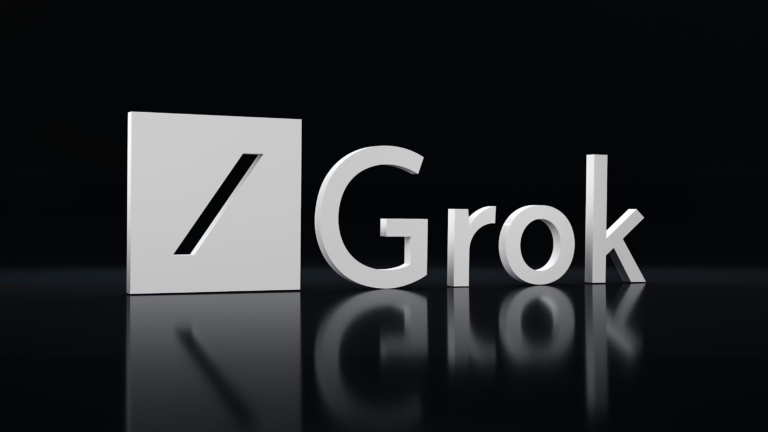Thomson Reuters has achieved a significant legal triumph in what is being considered the first major AI copyright case in the United States. This ruling could have far-reaching consequences for the ongoing conflict between companies developing generative AI and copyright holders striving to protect their intellectual property.
Back in 2020, Thomson Reuters, a giant in the media and technology industry, initiated legal action against Ross Intelligence, a startup focused on legal AI. The lawsuit alleged that Ross Intelligence had unlawfully reproduced materials from Westlaw, a premier legal research service owned by Thomson Reuters. The legal proceedings reached a crucial milestone when a US judge ruled in favor of Thomson Reuters, affirming that the AI firm had indeed infringed upon its copyrights.

US District Court of Delaware judge Stephanos Bibas delivered a decisive summary judgment on the case. In his ruling, he dismissed all defenses presented by Ross Intelligence, writing, “None of Ross’s possible defenses holds water. I reject them all.” This ruling strengthens the position of copyright owners who argue that AI companies must respect the rights of content creators when training their models.
The outcome of this case underscores a broader legal battle surrounding generative AI technology, which relies on vast datasets that often include copyrighted works. As AI continues to evolve, disputes over how copyrighted material is utilized in machine learning models have become increasingly frequent. The court ruling against Ross Intelligence is just one among many ongoing legal disputes involving AI developers and content creators.
Thomson Reuters and Ross Intelligence have yet to release official statements regarding the judgment. However, the implications of this case extend well beyond these two companies. The ruling may set a precedent that influences the way AI firms access and use copyrighted material, especially as more industries adopt AI-driven solutions.
Generative AI tools, which have gained widespread adoption in recent years, rely on large-scale datasets that often incorporate copyrighted materials such as books, movies, visual art, and online content. This has sparked legal debates across multiple industries, with content creators, publishers, and media houses raising concerns about unauthorized usage of their intellectual property.
The legal landscape surrounding AI and copyright is rapidly evolving. Currently, several dozen lawsuits are making their way through US courts, each addressing similar concerns over AI training methods and copyright infringement. Additionally, international legal battles are unfolding in China, Canada, the UK, and other jurisdictions, as governments and courts grapple with the implications of AI-driven content generation.
The Thomson Reuters decision is expected to influence these ongoing legal disputes. It signals to AI developers that courts may be willing to uphold traditional copyright protections, even in cases involving advanced machine learning technologies. While AI companies argue that their models operate under fair use doctrines, legal rulings such as this one challenge that assertion and may force AI firms to reconsider how they source training data.
The broader discussion surrounding AI and copyright law is unlikely to subside anytime soon. As AI-generated content becomes more sophisticated, stakeholders in various industries—including publishing, entertainment, and academia—will continue to advocate for stronger protections against unauthorized usage. Meanwhile, AI developers will likely push for legal frameworks that allow them to innovate without facing constant litigation.
Ultimately, the Thomson Reuters ruling serves as a reminder that AI technology, while revolutionary, does not exist in a legal vacuum. The boundaries of copyright law will continue to be tested as AI capabilities expand, but this decision marks a significant victory for content creators seeking to safeguard their work in the digital age. As courts worldwide examine similar cases, this ruling may shape the future of AI-driven content creation and the legal responsibilities of companies developing these technologies.








